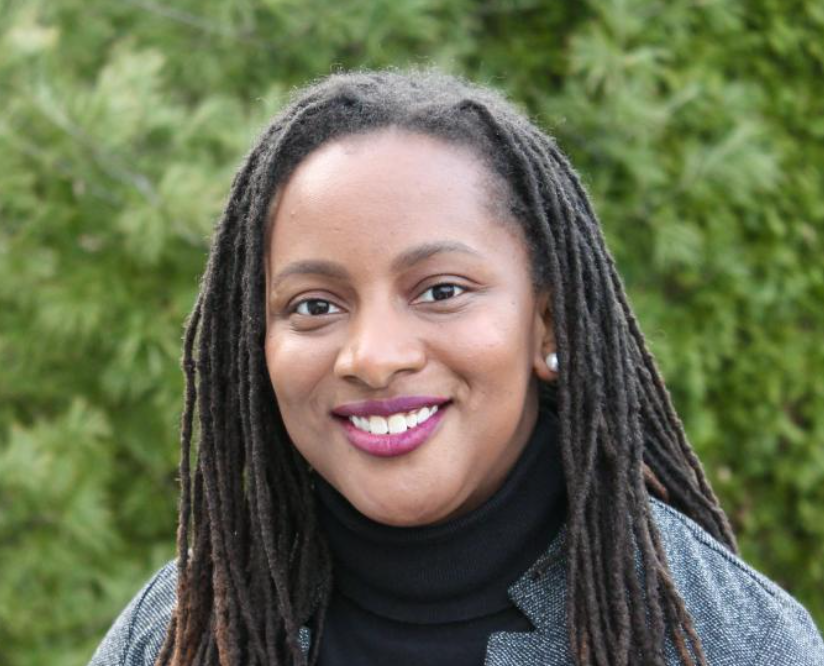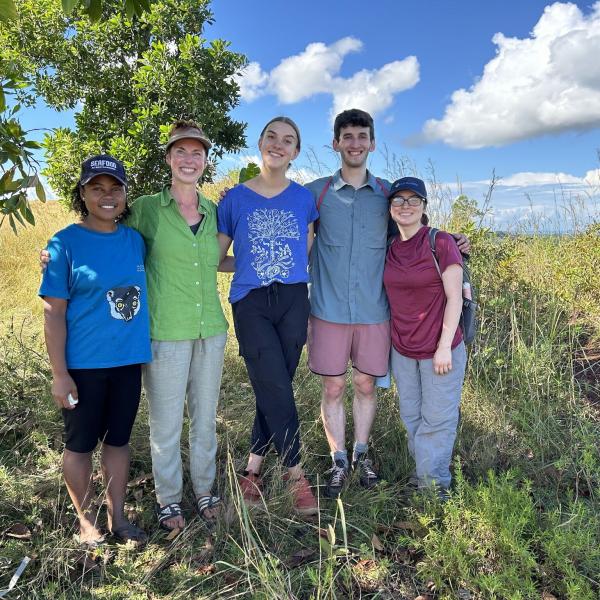Lauren Eldridge Stewart, assistant professor of ethnomusicology, is on research leave while she works on a book-length manuscript about Haiti’s classical music tradition.
Lauren Eldridge Stewart, assistant professor of ethnomusicology, has been awarded a six-month Career Enhancement Fellowship from the Institute for Citizens & Scholars. This new award funded by the Andrew W. Mellon Foundation, along with one she received last year from the Center for the Humanities, has provided Eldridge Stewart with two semesters of research leave to work on her book-length manuscript, Recital: Classical Music and Narrative Power in Haiti.
Eldridge Stewart, who often co-hosts live broadcasts of the St. Louis Symphony Orchestra for St. Louis Public Radio, researches the classical music tradition in Haiti. She has studied the country’s intensive summer music camps, which involve students of all ages and a staff of Haitian instructors and international volunteers. The camps are largely unknown in the mainstream music world, Eldridge Stewart said, but the model has been extremely influential on Haitian music culture.
“Participants in the summer music camps…use classical music to shape narratives around multiple tiers of identity,” she explained in an interview with the Center for the Humanities. “They’re saying quite a bit with their choice in music.”
While Eldridge Stewart’s work has allowed her to explore other interesting questions (How do Haitian musicians transport their pianos to the tops of tall hills?), her main focus has been understanding the rigor and perfectionism these communities apply to their music.
“People sink extraordinary resources into the practice, learning, and performing of this music. … And I want to know why,” Eldridge Stewart said. “What’s behind that desire to engage in music that’s been around for hundreds of years?”
Eldridge Stewart appreciates the time and the community afforded by both fellowships. “It's helpful to be in a community of scholars,” she said. “Thinking about all of the ways in which your work can talk to people, not only in your discipline, but also outside of it.”
She plans to return to the classroom in 2024.




